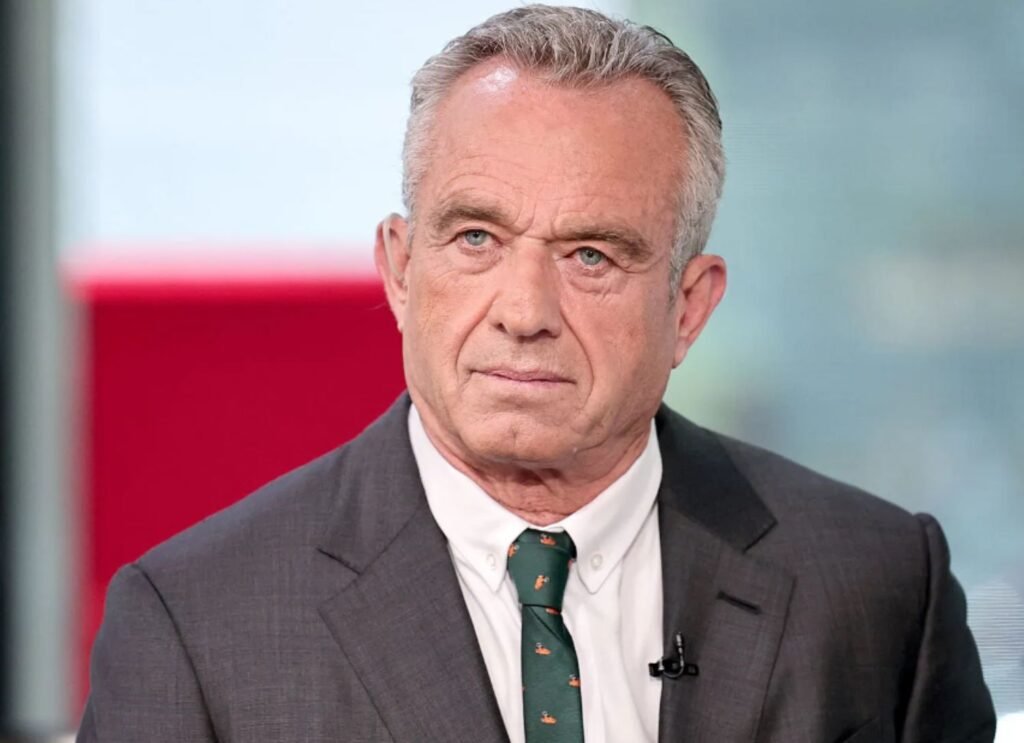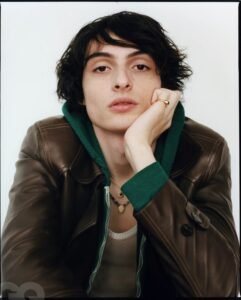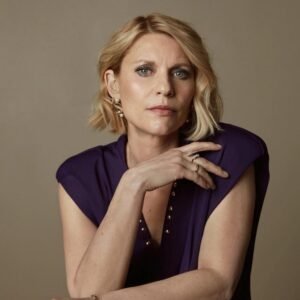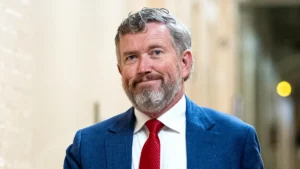Robert F. Kennedy Jr.: An environmental and public health advocate

Robert F. Kennedy Jr. is an American attorney and environmental activist, widely recognized for his tireless efforts to protect the environment and public health. A member of the famed Kennedy family, he has dedicated his life to causes of social justice and has become an influential voice on issues such as water regulation and child health safety. As president of Children’s Health Defense and co-founder of the Waterkeeper Alliance, he has led impactful global campaigns. However, some of his positions—particularly regarding vaccines—have sparked controversy. His commitment to collective well-being continues to shape his legacy.
Early life and family legacy
Born on January 17, 1954, Robert Francis Kennedy Jr. is a member of one of the most prominent families in U.S. history. He is the son of Robert F. Kennedy, the former Attorney General and Senator assassinated in 1968, and the nephew of John F. Kennedy, the 35th President of the United States. Raised in an environment steeped in public service and social justice, Kennedy Jr. was profoundly influenced by this heritage, which helped shape his own path toward advocacy and activism.
Academic background and early legal career
Kennedy Jr. studied at Harvard University and earned his law degree from the University of Virginia School of Law. He later completed additional studies at Harvard’s Kennedy School of Government. From the early stages of his legal career, he distinguished himself through his commitment to environmental issues, especially his work on protecting rivers and aquatic ecosystems. His legal expertise and academic background laid the foundation for a long and impactful career in environmental and public health advocacy.
Environmental activism and founding of Waterkeeper Alliance
Throughout his life, Robert F. Kennedy Jr. has been a central figure in environmental activism. In the 1980s and 1990s, he was heavily involved with the Hudson Riverkeeper program, a pioneering effort to fight river pollution in the United States. His work in preserving the Hudson River gained national attention and inspired broader environmental efforts.
In 1999, he co-founded Waterkeeper Alliance, a global network of activists and organizations dedicated to protecting water bodies. Today, Waterkeeper Alliance is one of the largest water protection initiatives in the world, operating in over 40 countries. This success is largely attributed to Kennedy’s leadership and his ability to mobilize people and resources around environmental causes.
Author and public voice for the environment
In addition to his on-the-ground work, Robert F. Kennedy Jr. has authored several books on environmental and political topics. One of his most notable works is Crimes Against Nature, which criticizes corporate and governmental practices that he believes endanger the environment and public health. He has also written for influential publications such as The New York Times, The Washington Post, and others, contributing well-researched and passionate opinion pieces on environmental justice.
Through his writing and public speaking, Kennedy has advocated for stricter regulations against pollution and climate change. His frank and critical approach has made him a respected—albeit sometimes controversial—voice in public discourse.
Public health initiatives and Children’s Health Defense
In recent years, Kennedy Jr. has also become known for his activism in public health, particularly through the organization Children’s Health Defense (CHD), where he serves as president. Founded to protect children’s health and address the rise in chronic illnesses, CHD focuses on vaccine safety, investigation of adverse effects, and scrutiny of medical regulations.
Although his stance on vaccination has generated debate, Kennedy asserts that his mission is not to discourage vaccines, but to ensure their safety and to hold the pharmaceutical industry accountable. Under his leadership, CHD has supported studies and initiated lawsuits aimed at highlighting gaps in safety oversight—efforts that, while controversial, have brought attention to concerns about drug regulation in the United States.
Controversy and response to criticism
Kennedy’s views on vaccines and other health issues have attracted criticism from public figures and media outlets. While some view his opinions as legitimate concerns about child health, others consider his arguments misinformed or alarmist. Kennedy has remained steadfast, stating that his positions are necessary to challenge the growing influence of the pharmaceutical industry in public health policy.
He has explained that his goal is not to spread misinformation but to promote stronger oversight and transparency, especially regarding products intended for children. In interviews and public appearances, he continues to emphasize the need for a more accountable and open healthcare system.
Personal life and legacy
Throughout his life, Robert F. Kennedy Jr. has faced personal challenges, including a public struggle with addiction in his youth—an experience he has openly discussed as a major learning moment. Despite these difficulties, he has continued his advocacy, building a legacy that spans both environmental preservation and public health.
He is the father of six children and is married to actress Cheryl Hines. Although generally private about his personal life, Kennedy remains committed to honoring the legacy of his father and uncle, guided by the same values of social justice that have long defined the Kennedy family.
Looking ahead
Kennedy Jr. remains a prominent figure in public policy debates. His work with Waterkeeper Alliance and Children’s Health Defense ensures his lasting influence in the fields of environmental justice and child health. Despite criticism and ongoing challenges, he continues to defend the principles he believes are vital to the well-being of future generations.






